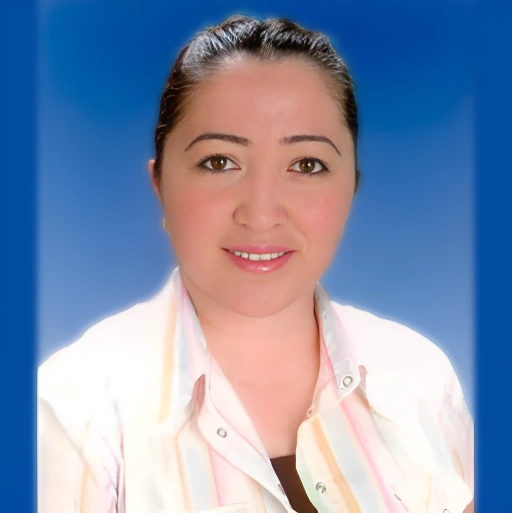Driving forces of injection and regeneration in natural dye-sensitized solar cells: Insights into photovoltaic performance
Yazarlar (4)

Ankara Yildirim Beyazit University, Türkiye
Prof. Dr. Makbule ERDOĞDU
Kırşehir Ahi Evran Üniversitesi, Türkiye

Gazi Üniversitesi, Türkiye

Ankara Yildirim Beyazit University, Türkiye
| Makale Türü | Özgün Makale (SSCI, AHCI, SCI, SCI-Exp dergilerinde yayınlanan tam makale) | ||
| Dergi Adı | Solar Energy (Q2) | ||
| Dergi ISSN | 0038-092X Wos Dergi Scopus Dergi | ||
| Dergi Tarandığı Indeksler | SCI-Expanded | ||
| Makale Dili | Türkçe | Basım Tarihi | 07-2025 |
| Cilt / Sayı / Sayfa | 295 / 1 / – | DOI | 10.1016/j.solener.2025.113523 |
| Makale Linki | https://doi.org/10.1016/j.solener.2025.113523 | ||
| Özet |
| Practical fabrication, low costs, and environment-friendly energy harvesting are the most significant features of solar cells sensitized by natural dyes. However, the employment of natural dye reduces the cost of production while causing severe photovoltaic losses associated with magnitude of underlying forces behind electron injection and dye regeneration. Therefore, lack of knowledge based on these forces have limited the development of DSSCs. To overcome these obstacles for unveiling the performance DSSCs, herein, properties of DSSCs obtained from Hyoscyamus reticulatus (HR), and Mahonia aquifolium (MA) were comprehensively investigated. The magnitude of underlying forces behind electron injection (dye regeneration) was estimated to be 0.831 V (0.092 V) and 0.823 V (0.105 V) for HR and MA, respectively. These values were correlated with photovoltaic parameters. We noticed that driving force should be higher for electron injection while it should be lower for dye regeneration. Under standard AM 1.5G simulated solar radiation, HR based device shows a solar to electricity efficiency of 1.20 % (Fill factor of FF = 0.67; short-circuit current density of Jsc = 2.66 mA/cm2; open circuit voltage of Voc = 0.67 V) while MA based device shows an efficiency of 0.22 % (FF = 0.37; Jsc = 1.34 mA/cm2; Voc = 0.45 V). |
| Anahtar Kelimeler |
| Hyoscyamus reticulatus | Mahonia aquifolium | Natural dye-sensitized solar cells |

